OUR PARTNERS
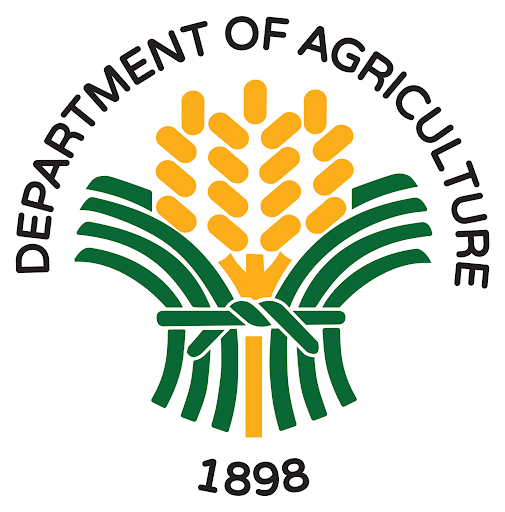
Department of Agriculture (DA)
The Department of Agriculture (DA) through its National Rice Program focuses on raising farm productivity and competitiveness, enhancing economic incentives and enabling mechanisms, and managing food staples consumption in the country. DA aims to strengthen national resilience in food to the impacts of climate change.
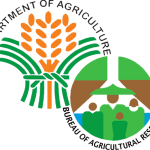
DA Bureau of Agricultural Research (DA-BAR)
DA-BAR has been allocated with the research and development funds to support projects such as PRIME. DA-BAR is tasked to plan, monitor, evaluate, integrate and manage the research and development fund of the government in coordination with other agencies and the private sector.
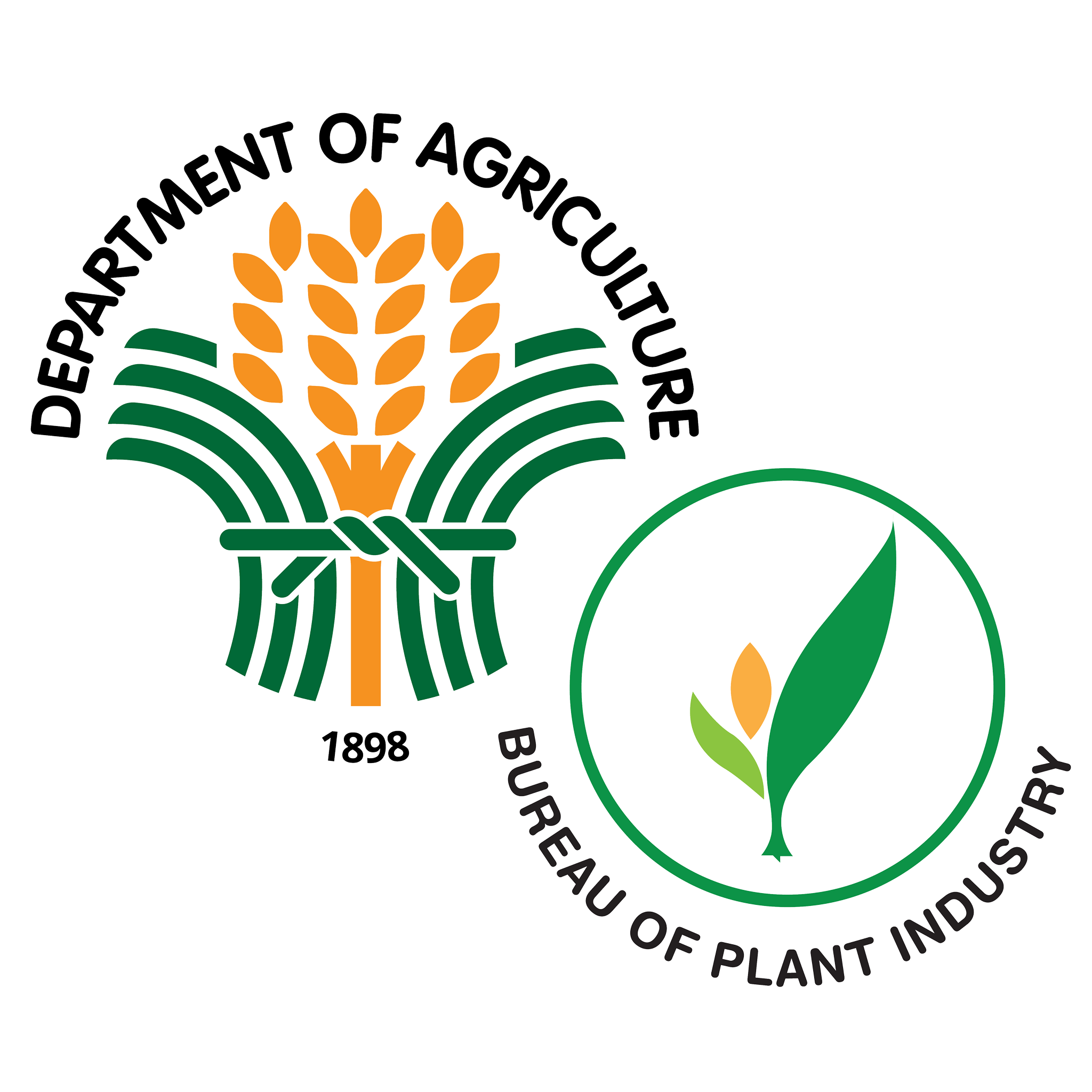
Bureau of Plant Industry (BPI)
The Bureau of Plant Industry through the Crop Pest Management Division is involved in the development of protocols for pest surveillance and rodent pest field experiments as well as its implementation. In addition, we are co-working with other partner agencies in the development of data validation, analysis, and reporting system. BPI also leads the development of a sustainability plan to ensure the smooth transition of PRIME from development to operation.
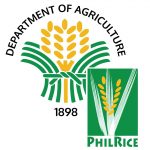
Philippine Rice Research Institute (PhilRice)
Philippine Rice Research Institute (PhilRice) is a government corporate entity under the Department of Agriculture tasked to help develop high-yielding and cost-reducing technologies so farmers can produce enough rice for all Filipinos. Through PRIME, PhilRice experts conduct research on Tungro risk factors and work on the production of antisera for the rice tungro bacilliform virus (RTBV) and rice tungro spherical virus (RTSV). Field experiments to study the effect of stagnant flooding on brown planthoppers are being done. PhilRice also plays an important role in capacity enhancement of project partners through trainings, retooling, and regular monitoring of selected project sites.
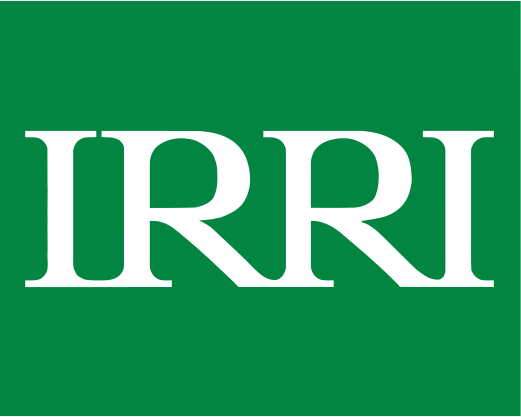
International Rice Research Institute (IRRI)
The International Rice Research Institute (IRRI) is an international organization with a primary goal of increasing the quantity and quality of rice through scientific and technical cooperation with national programs. IRRI provides the technical expertise, manpower and management capability to undertake the research of the PRIME project. PRIME at IRRI aims to develop solutions for better management of pest and diseases of rice at farm and landscape-levels. The standardized and efficient protocols for data collection using smartphones have been developed at IRRI in collaboration with other PRIME partners. The institute also provides capacity building in geospatial science and pest modeling which will aid in better monitoring and forecasting of pests and diseases.

University of Twente (ITC), Enschede, The Netherlands
University of Twente (ITC) is a leading entrepreneurial university located in Enschede, the Netherlands. [Their vision focuses on anticipating future developments and responding rapidly and effectively to the changes in environment.] ITC will contribute and provide technical assistance to the development of methodologies and analysis of the derived products from remote sensing. They will support the development of training modules in relation to activities in WP3.
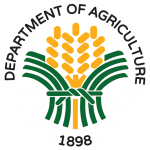
DA-Regional Field Offices (DA-RFOs)
The DA Regional Field Offices oversee pest and disease monitoring activities in the regions. They make sure field and data collection activities in the project’s monitoring sites are properly implemented. RFOs are provided with smartphones and trained by project partners on the field protocols to ensure standardized data collection among regions.